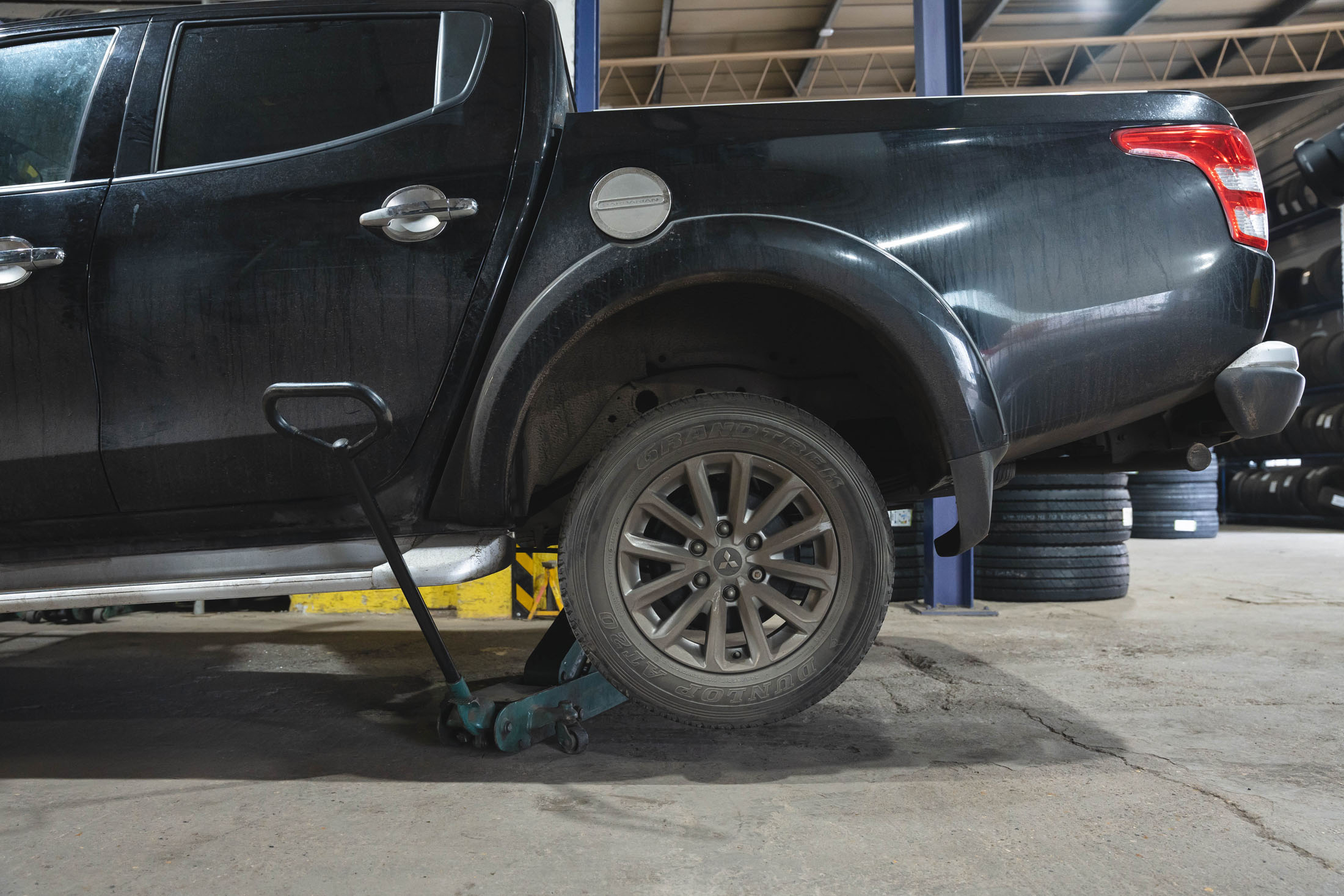Is It Worth Getting Winter Tyres in the UK?
The weather in the UK has undoubtedly changed, with generally drier summers and warmer, wetter winters than before. But if our winters aren’t as cold as they once were, and we don’t get as much snow as we used to, is there really any point to winter tyres in this country?
In this article, we’re going to look into this subject and explain why, even in a time of climate change, winter tyres could still be the difference between life and death.

Winter tyres explained: should I buy them for my car?
The first thing that needs to be said is that winter tyres are not just for when we get significant snow – although that is when they really do come into their own. Winter tyres can noticeably improve your grip and performance whenever temperatures dip below 7°C, and if it stays that cold over a number of days – and such conditions are not unusual – then it’s time to think about getting them fitted.
If you’re wondering what differentiates winter tyres from standard ones, they are made of a softer compound and have deeper grooves and more sipes that enable them to disperse any snow, ice or rain that they encounter.
The net result of this is that not only do you get better grip and greater traction when handling bends, but you also get a significantly shorter stopping distance. In temperatures of about 5°C, your stopping distance could improve by about five metres when travelling at about 30 mph.
In snowy conditions, the differences are even more marked. Michelin states that driving at 31 mph on standard tyres in snow is likely to give you a stopping distance of 63 metres. Switch to winter tyres and that figure drops by almost half to 32 metres.
Incidentally, winter tyres can also make a big difference when fitted to a four-wheel drive vehicle. Autocar carried out a series of tests that demonstrated that a front-wheel drive fitted with winter tyres will perform better in cold conditions than a four-wheel vehicle fitted with summer tyres.
One understandable concern that some drivers have is the cost of buying an extra set of tyres. And while winter tyres are generally more expensive than standard ones – although the difference is not that significant – there is a payoff is that when you switch, you’ll be extending the life of your standard tyres.
In other words, although you have the initial extra cost of buying a second set of tyres, you can only use one set at a time. So your overall usage won’t change and your costs shouldn’t rise much in the long term either.
Winter tyres are never mandatory in the UK, but they are in some European countries during the winter months. So if you’re taking your car on holiday at that time of year, make sure you check local laws before you leave. For instance, you must use winter tyres in Austria between 1 November and 15 April, with fines of up to €5,000 for non-compliance.
Do EVs need special winter tyres?
Although tyres for electric vehicles do differ fairly significantly from standard ones – they need to be able to bear the extra weight of the battery and handle the instant torque you get from an electric engine – there is little difference when it comes to how they perform in different weather conditions.
In short, for better performance in cold weather and snowy or icy conditions, you’ll still need to switch to winter tyres. It’s just that the winter tyres you use will need to be ones that have been specifically designed for use with electric vehicles.
Whatever tyres you need, you get more choice at UK Tyres. We have one of the widest ranges of tyres in North and West London, with options always available for all vehicles and all budgets – including winter tyres manufactured by the world’s leading brands.
Even better, if you get caught out by sudden winter conditions, our mobile tyre fitting service can come to you and fit your winter tyres at your home so that you can keep yourself, your passengers and other road users safer.
Find out more by getting in touch with us, popping into your local branch or ordering your new tyres online now.

